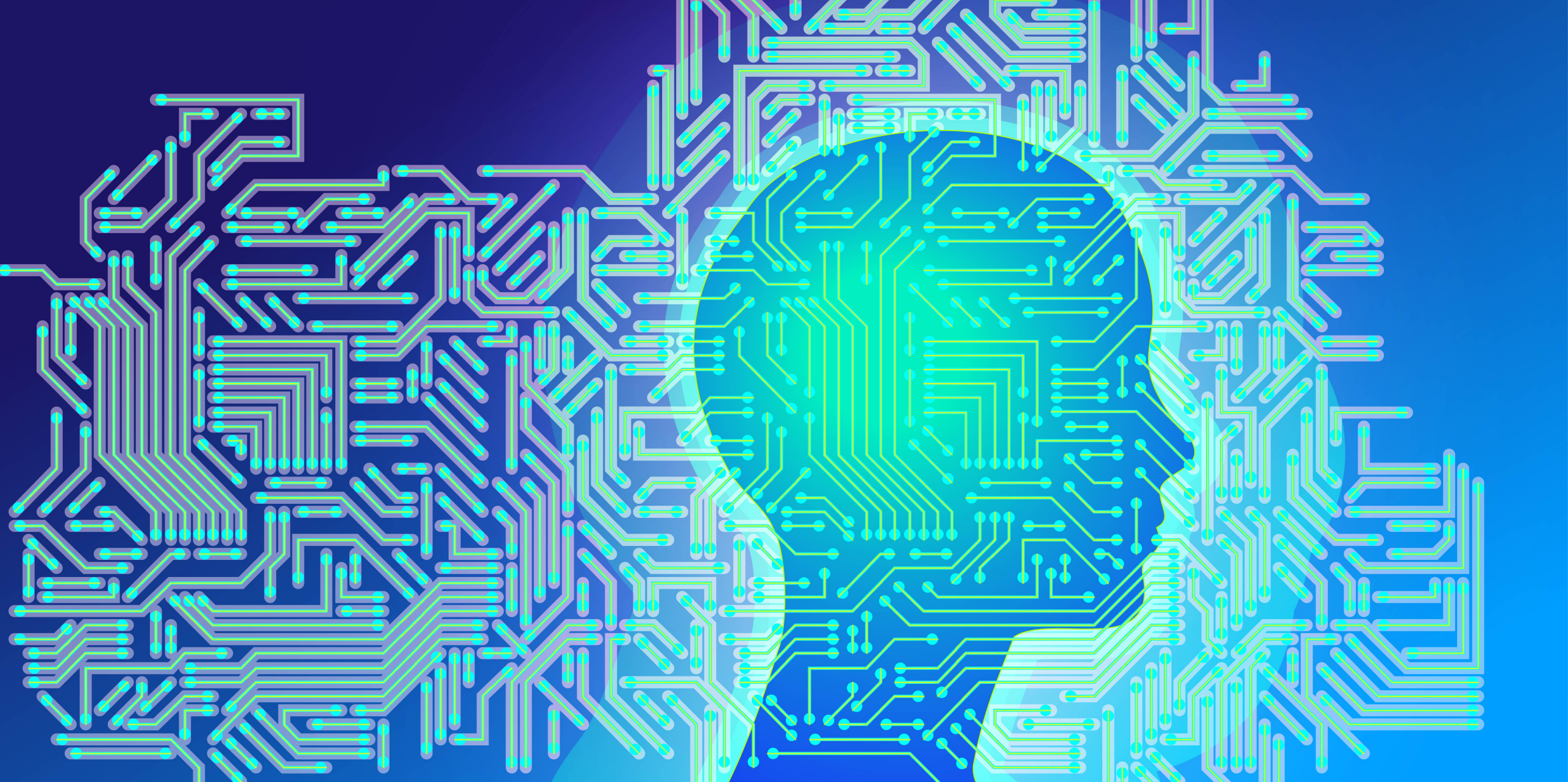Artificial Intelligence for Cybersecurity
Artificial intelligence (AI) promises to change cybersecurity in the coming years. It will likely enhance both cyber offense and defense, and contribute to shaping the cyber threat landscape. Governing these changes is challenging, particularly for state-related actors. It requires them to adopt adequate policy and normative frameworks, as argued by Matteo Bonfanti and Kevin Kohler in this CSS Analysis.

AI is an umbrella term John McCarthy, a computer scientist, coined in 1955 and defined as “the science and engineering of intelligent machines”. Today, AI refers to an enabling system and a field of research. As such, AI is the scientific discipline devoted to making artificial systems able to perform tasks that are thought to require a certain degree of rationality or intelligence when performed by humans. There are different approaches to achieving such a goal. One of these is machine learning, whose core components are learning algorithms, data, and computational power for training algorithms. Most of the recent successes in AI come from a subset of machine learning: deep learning. It employs deep neural networks consisting of numerous layers of artificial neurons, each of which transforms the data it receives. Neural networks are inspired by the human brain.
